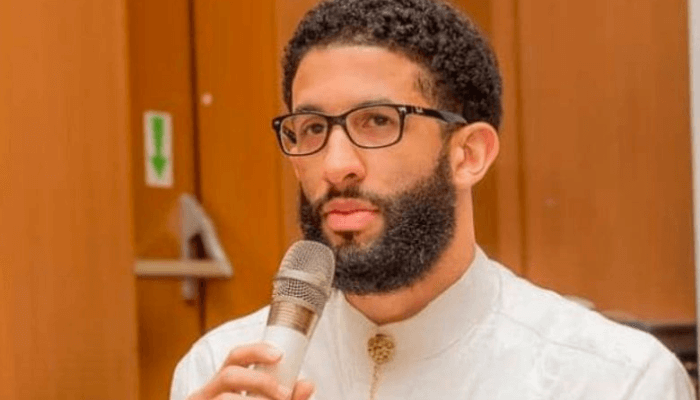By M.B. Musa, PhD
In the dynamic world of media, becoming a prominent personality often brings acclaim, respect, and a platform to influence public opinion. However, for some media figures, transitioning into a role as a government spokesperson can turn their career into a cautionary tale of integrity lost and reputations ruined.
Consider Labaran Maku, once a respected journalist and media personality whose move to a government role as Minister of Information under President Goodluck Jonathan seemed promising. Yet, Maku’s tenure became associated with defending controversial policies and justifying government failures, leading to a significant tarnishing of his reputation.
The same fate befell Garba Shehu, who, as a spokesperson under President Muhammadu Buhari, became a symbol of government propaganda. His ability to critically engage with issues diminished, overshadowed by his role in defending policies that often faced widespread criticism.
Adamu Adamu’s transition from an insightful columnist to the Minister of Education under Buhari highlights another aspect of this fall from grace. Once known for his principled stance and influential writing, Adamu’s role in implementing policies that many argue severely damaged Nigeria’s university system has significantly tarnished his public image.
READ ALSO: Presidency Declares Neutrality In Rivers State Political Crisis
His tenure was marked by prolonged strikes by university lecturers, severe funding crises, and controversial policies that many critics argue undermined the quality and accessibility of higher education in Nigeria.
The impact on the university system, characterized by academic disruptions and deteriorating educational standards, has been a significant factor in Adamu’s damaged reputation.
Today, Ajuri Ngalale, a promising broadcast journalist, faces a similar predicament. As a spokesperson for President Bola Tinubu, Ngalale has been tasked with justifying several contentious decisions and policies. He has defended the acquisition of a new presidential plane costing 150 billion naira, despite widespread poverty and unemployment.
Ngalale has also justified the awarding of a 15 trillion naira contract for the Lagos-Calabar coastal road—a project costing 150 times more than the Cairo-to-Cape Town road—and the acquisition of other luxury items for the president and his family. These actions have drawn significant public criticism and accusations of moral compromise.
READ ALSO: Presidency Denies Reports of Proposed N105,000 Minimum Wage
The case of Sarah Huckabee Sanders, who served as White House Press Secretary under President Donald Trump, offers a comparative perspective. Sanders, once a respected media figure, faced intense scrutiny while defending Trump’s controversial policies.
Her resignation in 2019, citing a desire to return to her home state and spend more time with her family, was also influenced by the growing backlash and the personal toll of defending a tumultuous administration. This example highlights the difficult balance that media spokespersons must maintain between advocacy and integrity.
David Axelrod, former Senior Advisor to President Barack Obama, emphasizes the importance of maintaining ethical standards in such roles, stating, “A media spokesperson must navigate the tightrope of advocacy and truthfulness. Compromising on these principles for career advancement or financial gain ultimately undermines both personal and institutional credibility” (Axelrod, 2019).
Similarly, Nina Jankowicz, a media and misinformation expert, observes, “The role of a spokesperson should never dilute the core principles of journalism. When personal ambitions overshadow ethical responsibilities, it can lead to a significant erosion of trust and integrity” (Jankowicz, 2021).
READ ALSO: FG Lampoons Chinese Company Over Seizure Of 3 Nigerian Presidential Jets
Ari Fleischer, former White House Press Secretary under President George W. Bush, notes, “Serving as a spokesperson requires a balance between loyalty and honesty. Those who stray from these principles, even under the pressure of political allegiances, often face lasting damage to their reputations” (Fleischer, 2022).
These observations and examples underline a crucial question: Can a journalist justify policies that harm the public while retaining their credibility? Is it possible to reconcile the duties of a media role with the demands of a government spokesperson without compromising one’s principles?
As African media professionals grapple with these questions, the experiences of these media personalities serve as a stark reminder of the potential pitfalls of crossing the line from journalism to government roles and the lasting impact it can have on one’s career and reputation.
